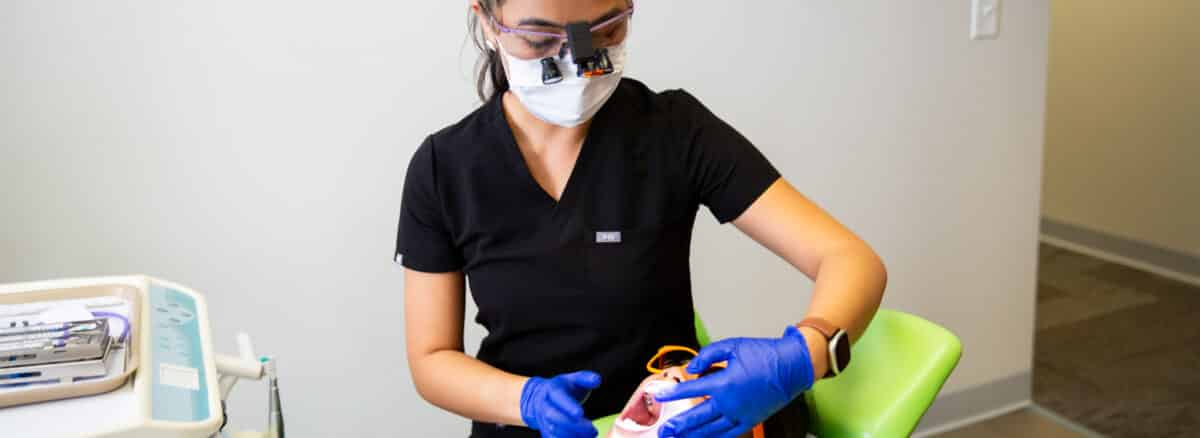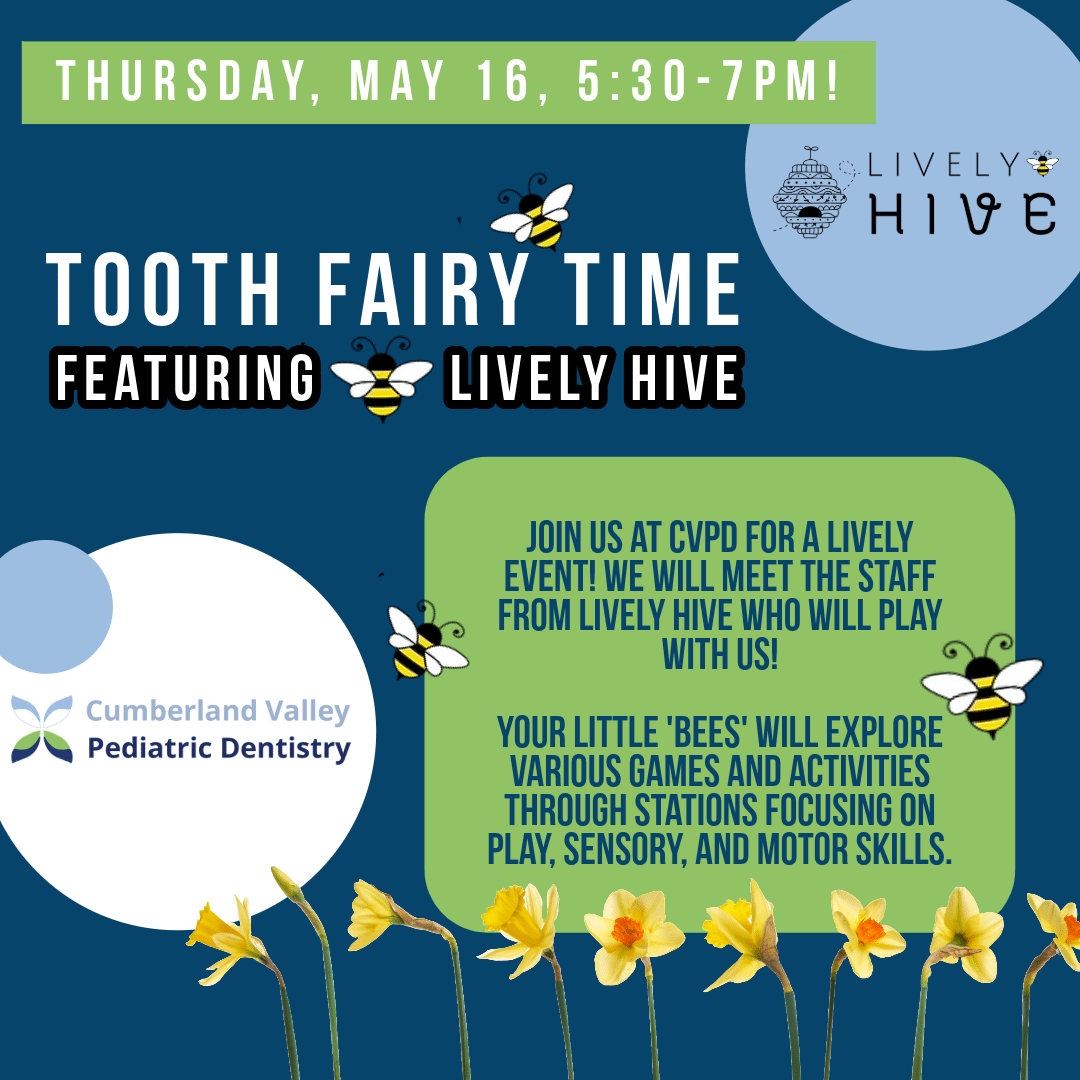As a parent, you’re always on the lookout for your child’s well-being, and their dental health is no exception. When it comes to oral care, starting early is key to ensuring a lifetime of healthy teeth and gums. One of the most important steps you can take is scheduling your child’s first dental visit at the right time. According to the American Academy of Pediatric Dentistry (AAPD), this should ideally happen by the age of 12 months or within 6 months of the eruption of their first tooth.
Why is this initial dental visit so crucial? Let’s delve into the reasons and understand why early intervention matters when it comes to your child’s dental health.
1. Establishing a Dental Home: The concept of a “dental home” is emphasized by the AAPD. This refers to an ongoing relationship between your child and their dentist, starting from an early age. By establishing a dental home early on, you ensure that your child receives continuous, comprehensive dental care tailored to their specific needs. This not only fosters trust and familiarity but also allows for timely preventive measures and interventions if any dental issues arise.
2. Early Detection of Dental Problems: Even though your child’s baby teeth will eventually fall out, they play a crucial role in their oral development and overall health. Tooth decay can occur as soon as the first tooth erupts, making early dental visits essential for monitoring your child’s dental health and detecting any problems early on. From cavities to developmental issues, a pediatric dentist can identify and address potential concerns before they escalate into more significant problems.
3. Guidance on Oral Care: Parents often have questions about the best practices for taking care of their child’s teeth and gums. During the first dental visit, you’ll receive valuable guidance from the pediatric dentist on oral hygiene practices, including proper brushing and flossing techniques, fluoride supplementation, and diet tips to promote healthy teeth. This information empowers you to take an active role in your child’s oral care regimen and instill good habits from an early age.
4. Building Positive Dental Experiences: For many children, visiting the dentist can be intimidating or even frightening. However, by starting dental visits early and making them a positive experience, you help alleviate any fears or anxieties your child may have about dental care. Pediatric dentists are trained to create a friendly, welcoming environment that puts children at ease, making each visit a positive and stress-free experience. This sets the stage for a lifetime of good oral health habits and regular dental check-ups.
5. Preventive Care and Education: Prevention is always better than treatment when it comes to dental health. By taking your child to the dentist early on, you have the opportunity to proactively prevent dental problems before they occur. Through preventive treatments such as fluoride varnish application and dental sealants, as well as education on proper oral hygiene and nutrition, your child’s dentist can help safeguard their teeth against decay and other oral health issues.
The importance of your child’s first dental visit cannot be overstated. By following the recommendation of the American Academy of Pediatric Dentistry to schedule this visit by the age of 12 months or within 6 months of the eruption of their first tooth, you lay the foundation for a lifetime of good oral health. From early detection and prevention of dental problems to guidance on oral care practices and building positive dental experiences, this initial visit sets the stage for your child’s lifelong dental journey. So don’t wait – schedule that first dental appointment at Cumberland Valley Pediatric Dentistry today and give them the gift of a healthy smile for years to come.
- May 6, 2024
- blog, Children's Dentistry


